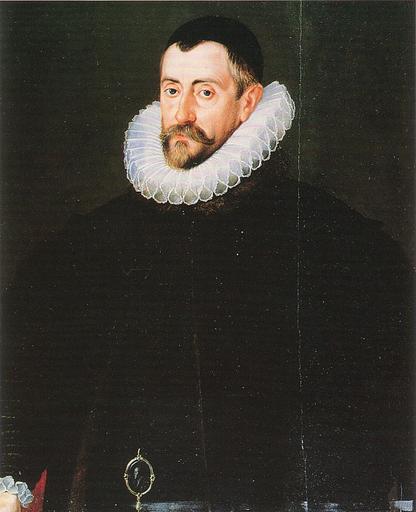MAKE A MEME
View Large Image

| View Original: | Sir_Francis_Walsingham,_spymaster,_father-in-law_of_Robert_Devereux,_Earl_of_Essex.jpg (569x700) | |||
| Download: | Original | Medium | Small | Thumb |
| Courtesy of: | www.flickr.com | More Like This | ||
| Keywords: people ir Francis Walsingham (c. 1532 – 6 April 1590) is usually remembered as the "spymaster" of Queen Elizabeth I of England. Walsingham is frequently cited as one of the earliest practitioners of modern intelligence both for espionage and for domestic security. He oversaw operations which penetrated the heart of Spanish military preparation, gathered intelligence from across Europe, and disrupted a range of plots against the queen, securing the execution of Mary, Queen of Scots. Walsingham was one of the small coterie who directed the Elizabethan state, overseeing foreign, domestic and religious policy, and the subjugation of Ireland. He worked to bring Scotland and England together. Overall, his foreign policy demonstrated a new understanding of the role of England as a maritime, Protestant power in an increasingly global economy. He was an innovator in exploration, colonization and the use of England's potential maritime power. He is also a convincing prototype of the modern bureaucrat. ir Francis Walsingham (c. 1532 – 6 April 1590) is usually remembered as the "spymaster" of Queen Elizabeth I of England. Walsingham is frequently cited as one of the earliest practitioners of modern intelligence both for espionage and for domestic security. He oversaw operations which penetrated the heart of Spanish military preparation, gathered intelligence from across Europe, and disrupted a range of plots against the queen, securing the execution of Mary, Queen of Scots. Walsingham was one of the small coterie who directed the Elizabethan state, overseeing foreign, domestic and religious policy, and the subjugation of Ireland. He worked to bring Scotland and England together. Overall, his foreign policy demonstrated a new understanding of the role of England as a maritime, Protestant power in an increasingly global economy. He was an innovator in exploration, colonization and the use of England's potential maritime power. He is also a convincing prototype of the modern bureaucrat. | ||||